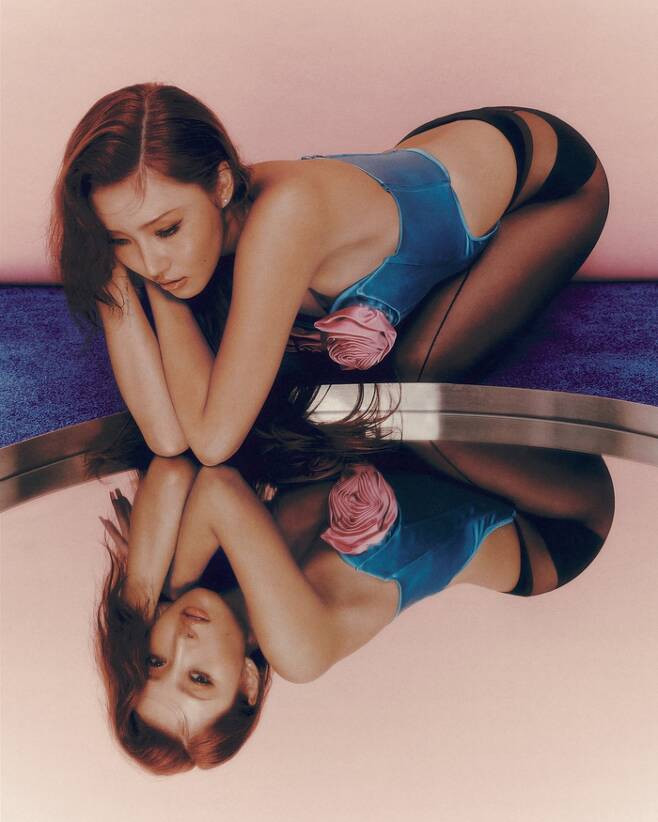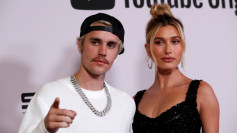In the glitzy world of K-pop, where fashion often makes as much of a statement as the music, MAMAMOO's Hwasa has consistently found herself at the center of sartorial controversies. From her "braless movement" to her homage to Britney Spears' iconic schoolgirl look, Hwasa's fashion choices have sparked debates and criticisms, raising questions about the industry's double standards.
Hwasa's recent appearance on the show "Knowing Bros" reignited these discussions. She donned a reformed school uniform, reminiscent of Britney Spears' legendary "Baby One More Time" outfit. While some saw it as a playful nod to the pop princess, others accused Hwasa of "sexualizing minors." This criticism came hot on the heels of a lawsuit from a parent organization that accused her of displaying "obscenity" during a university festival performance.
But what's puzzling to many fans and observers is the selective outrage. In the past, numerous female K-pop stars have "reformed" their school uniforms for appearances, with celebrities like Song Jia and BLACKPINK's Lisa sporting similar looks. Yet, it seems to be Hwasa who bears the brunt of the criticism.
The broader K-pop industry has seen its fair share of fashion trends that push boundaries. BLACKPINK's Jennie, for instance, is hailed as a top fashion icon and is credited with popularizing the "underboob" and "visible thongs/underwear" trends. Other idols, including HyunA, Sandara, BIBI, and Hyoyeon, have embraced these trends, often being lauded for their confidence and for championing women's freedom in clothing choices.
However, when Hwasa championed the "braless movement," a symbol of women's freedom that many Koreans advocate for, she faced backlash and was labeled "indecent," "obscene," and "sexual." This disparity in reactions has led many netizens to speculate that the criticisms Hwasa faces are less about her fashion choices and more about her not fitting into Korea's conventional beauty standards.
Unlike the prevalent K-pop image of idols with skinny figures, doll-like facial features, and fair skin, Hwasa breaks the mold with her curvy physique and tanned complexion. She has consistently projected an image of confidence, authenticity, and self-assurance, both on and off stage.
Some online comments reflect this sentiment, with one user noting, "I think people criticize Hwasa because they think she's not conventionally beautiful. If a 'pretty' idol wore similar outfits, they'd praise her for being sexy. But they don't want someone who doesn't fit their beauty standard to confidently say 'I'm pretty and sexy.'"
In an industry where image is paramount, Hwasa's experiences shed light on the underlying biases and double standards that persist. While fashion in K-pop will continue to evolve and push boundaries, the conversation around who gets to wear what-and the reactions they elicit-reveals deeper societal perceptions about beauty, propriety, and gender.
As the K-pop world continues to grapple with these issues, one thing is clear: Hwasa, with her unapologetic confidence and trailblazing style, is challenging norms and sparking important conversations about representation and acceptance in the industry.






